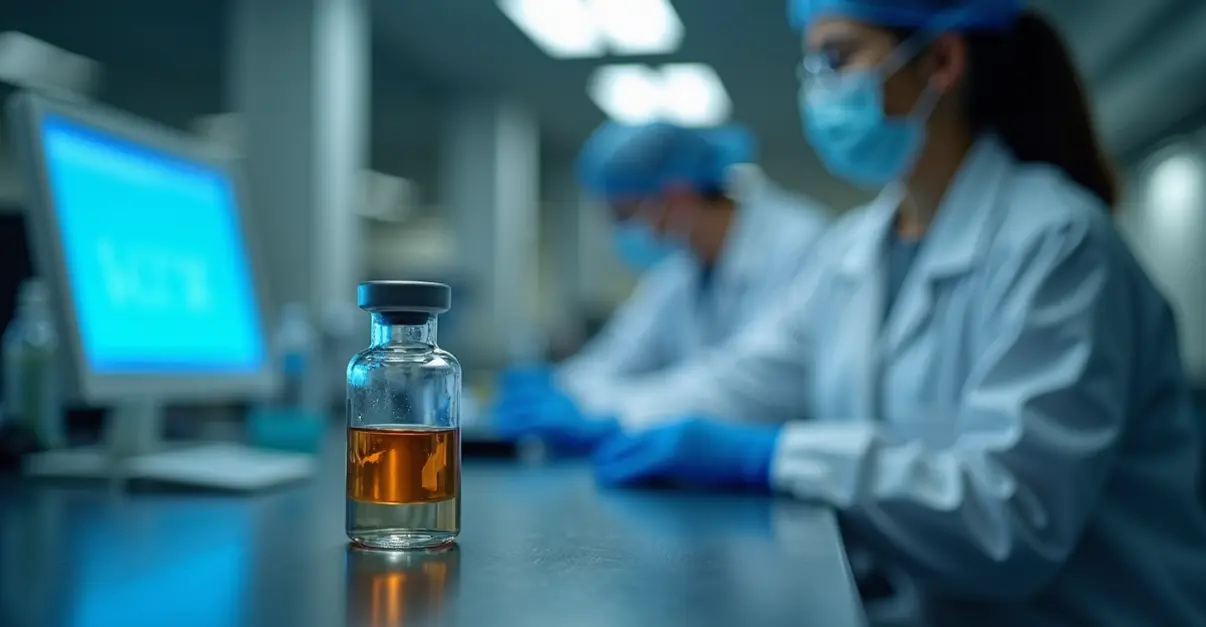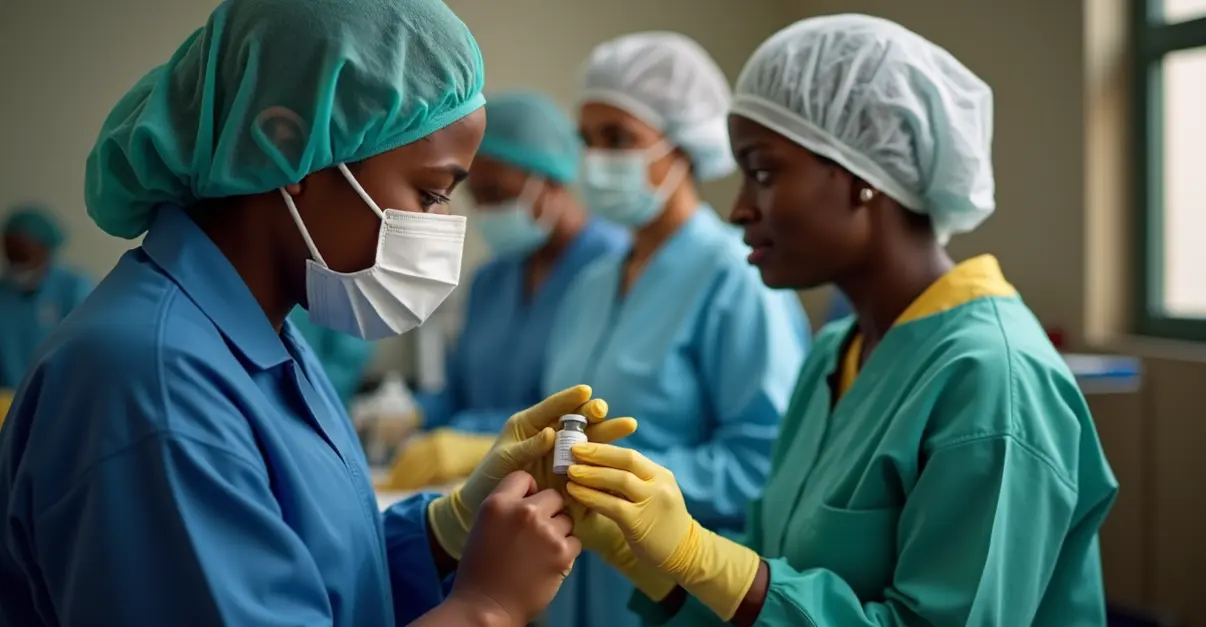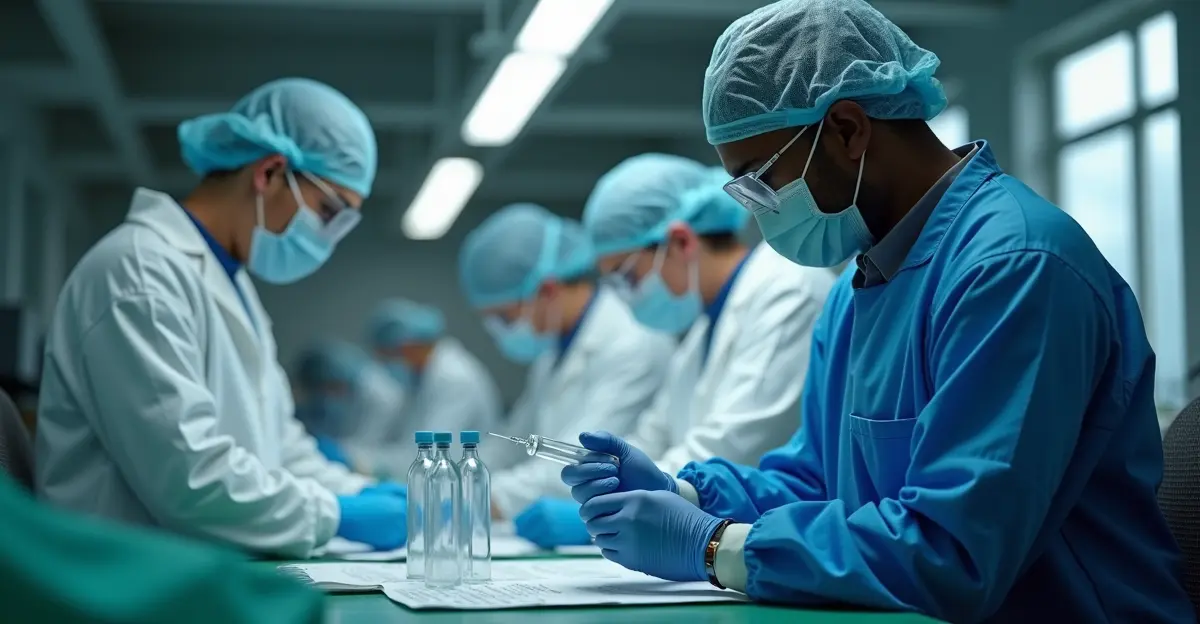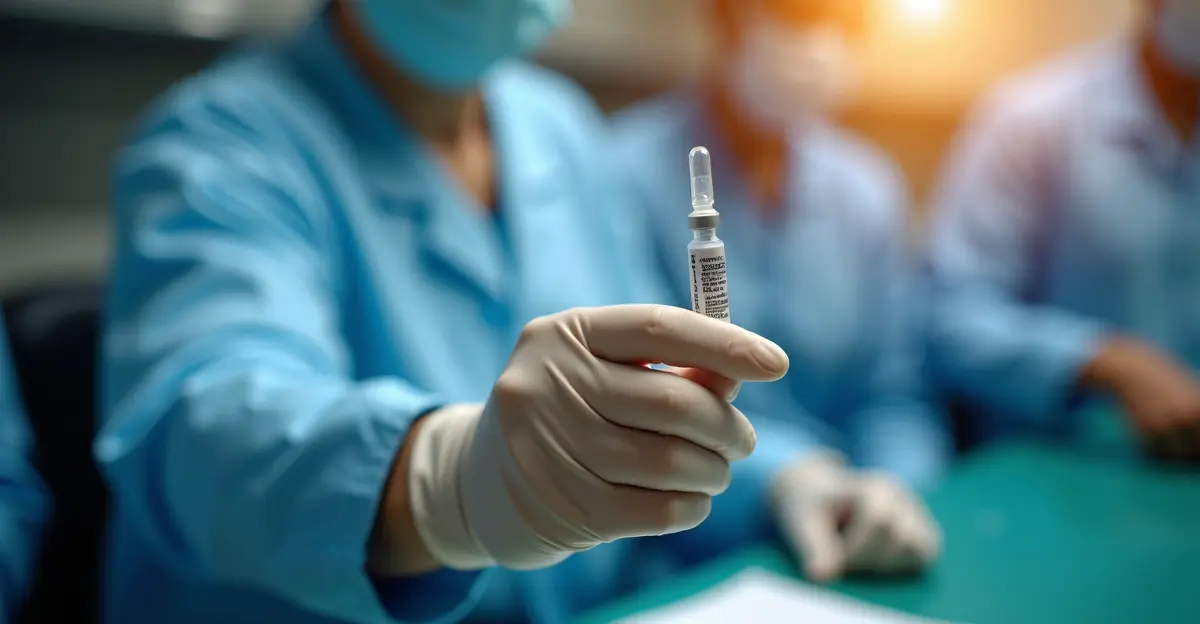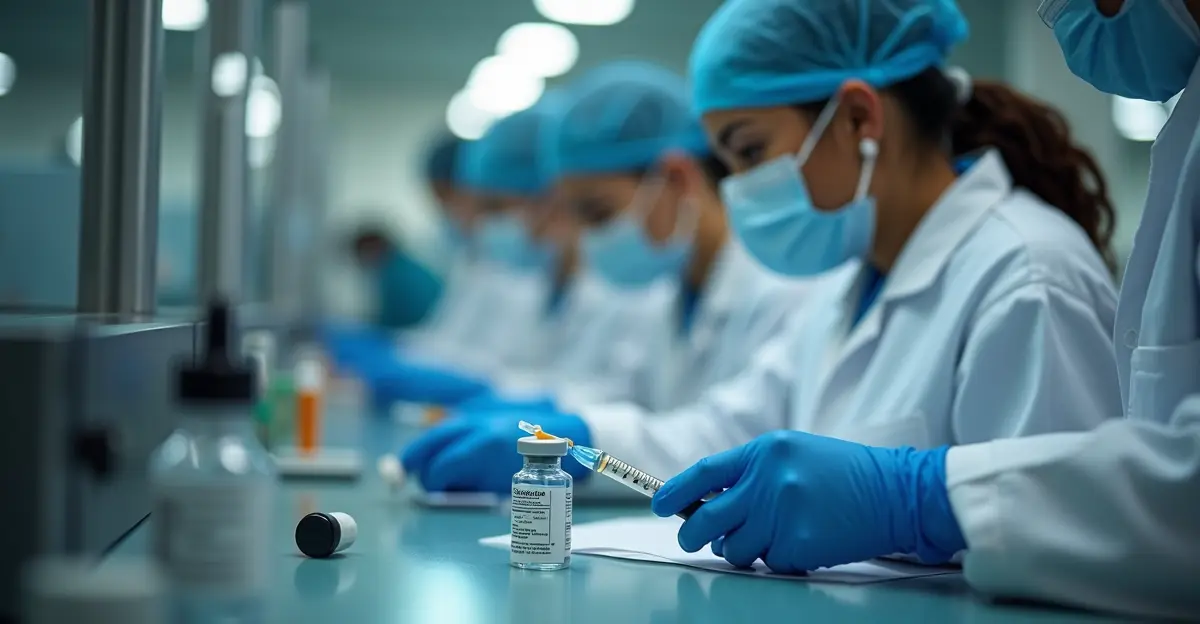Global Health Partnership Invests in Regional Vaccine Manufacturing
A major global health initiative is transforming vaccine production capabilities across developing regions through strategic funding of new manufacturing sites, technology transfer programs, and comprehensive workforce training. The partnership, involving multiple international organizations and governments, aims to address long-standing vaccine inequities by building sustainable production capacity in Africa, Asia, and Latin America.
Technology Transfer Drives Local Production
The cornerstone of this initiative is extensive technology transfer, where established vaccine manufacturers share their production methods and intellectual property with new facilities in developing regions. 'We're seeing unprecedented collaboration between established pharmaceutical companies and emerging manufacturers in Africa and Asia,' says Dr. Maria Santos, a global health expert at the World Health Organization. 'This isn't just about building factories—it's about transferring the entire ecosystem of knowledge needed for sustainable vaccine production.'
The WHO's mRNA Technology Transfer Hub Program has been particularly successful, with South Africa's Biovac Institute recently opening its first complete mRNA COVID-19 vaccine production plant through this initiative. According to recent reports, this represents a major step toward sustainable immunization supply on the continent.
Regional Supply Chain Development
The partnership is focusing on creating robust regional supply chains that can respond quickly to local health emergencies. In Africa, where the continent currently produces only 0.1% of global vaccine supply despite annual demand exceeding $1 billion, the African Vaccine Manufacturing Accelerator (AVMA) has catalyzed groundbreaking partnerships. Recent developments show EVA Pharma in Egypt collaborating with European companies to establish Africa's first digital-to-biologics end-to-end mRNA development platform.
'The goal is to create regional hubs that can produce vaccines within weeks of identifying a new threat,' explains Dr. Ahmed Hassan, director of the African CDC's manufacturing initiative. 'This requires not just production facilities but entire supply chains for raw materials, quality control, and distribution.'
Workforce Training Programs
Comprehensive workforce development is a critical component of the initiative. The World Health Organization and Republic of Korea's Ministry of Health are offering a 2025 hands-on training program for mRNA vaccine manufacturing through the Global Training Hub for Biomanufacturing. This 7-week course includes both online modules and practical training at the Korean National Institute for Bioprocessing Research and Training.
'We're training the next generation of vaccine manufacturers who will lead their countries' health security efforts,' says Professor Kim Ji-hoon, director of the training program. 'Participants from low- and middle-income countries receive both theoretical knowledge and hands-on experience with state-of-the-art equipment.'
Funding and Future Outlook
Development finance institutions are accelerating these efforts through significant funding commitments. According to recent reports, Afreximbank is implementing a $2 billion facility for healthcare manufacturing, while Gavi's $1.2 billion African Vaccine Manufacturing Accelerator provides downstream incentives to address market sustainability challenges.
The partnerships are showing tangible results. Egypt has achieved WHO Maturity Level 3 for medicines and vaccines, and multiple African countries are establishing pilot production facilities. As research demonstrates, successful technology transfer requires political support, existing production capabilities, and regulatory flexibility—all elements being addressed through this comprehensive initiative.
The global health partnership represents a fundamental shift in how vaccine production is approached worldwide, moving from dependency on a few manufacturers to distributed, regional manufacturing networks that can better serve local populations and respond to future health emergencies.

 Nederlands
Nederlands
 English
English
 Deutsch
Deutsch
 Français
Français
 Español
Español
 Português
Português
